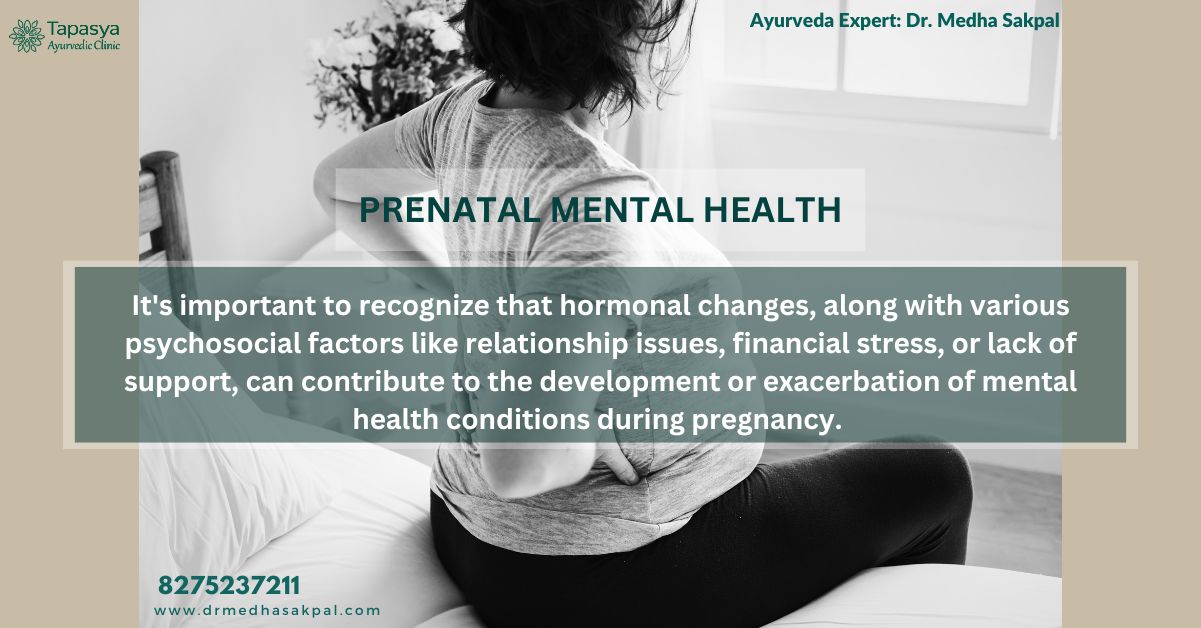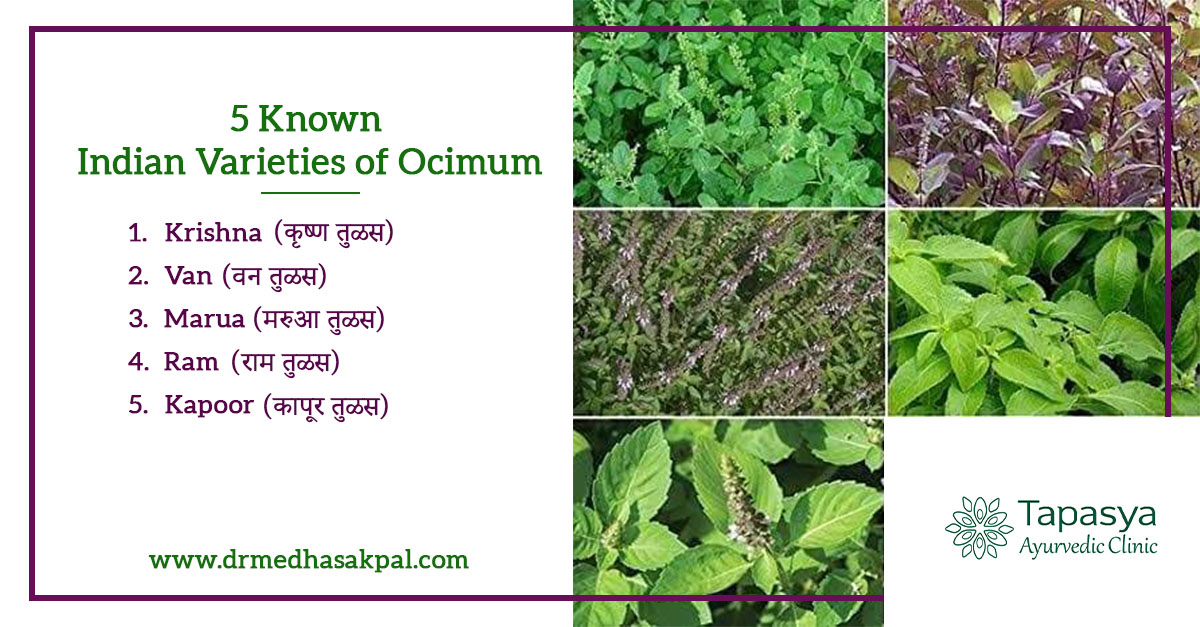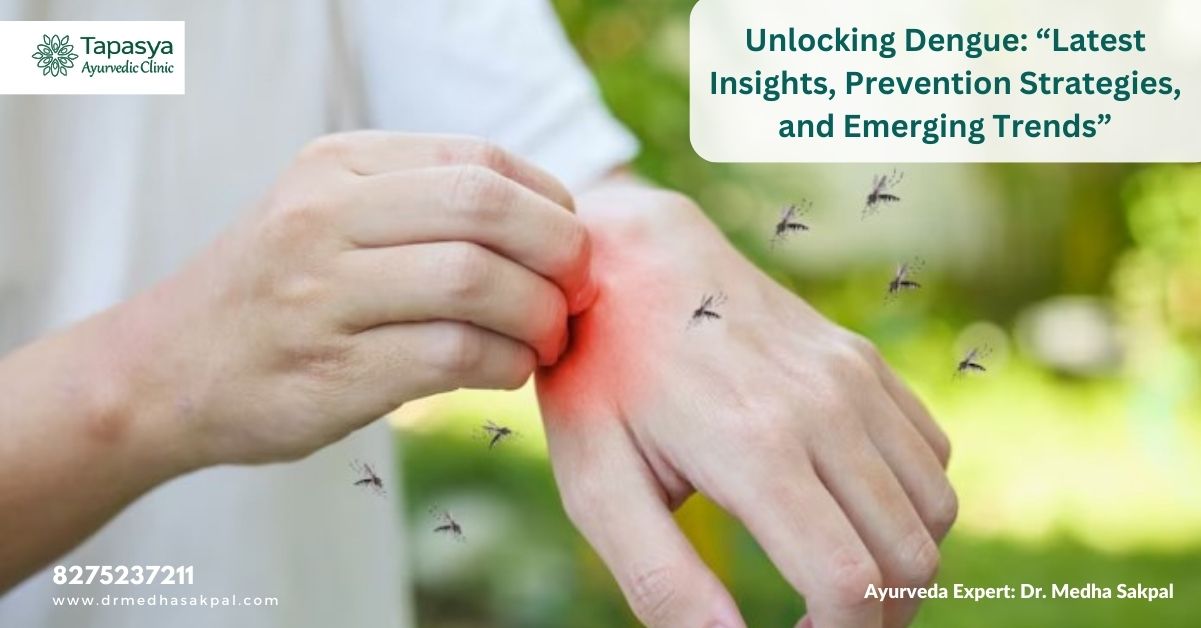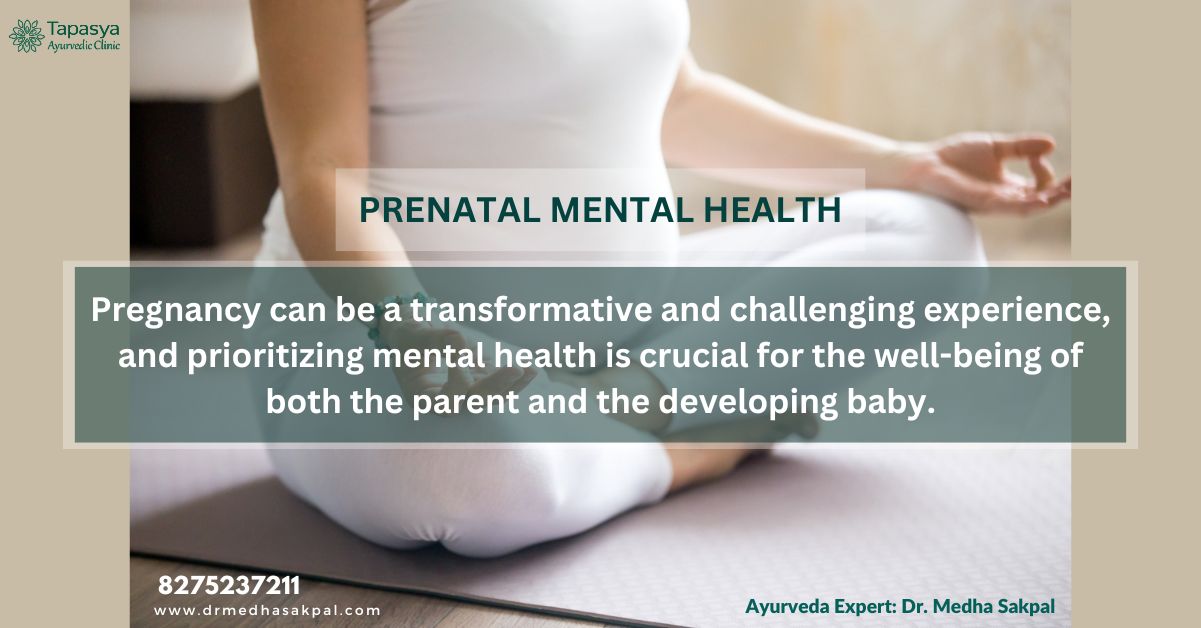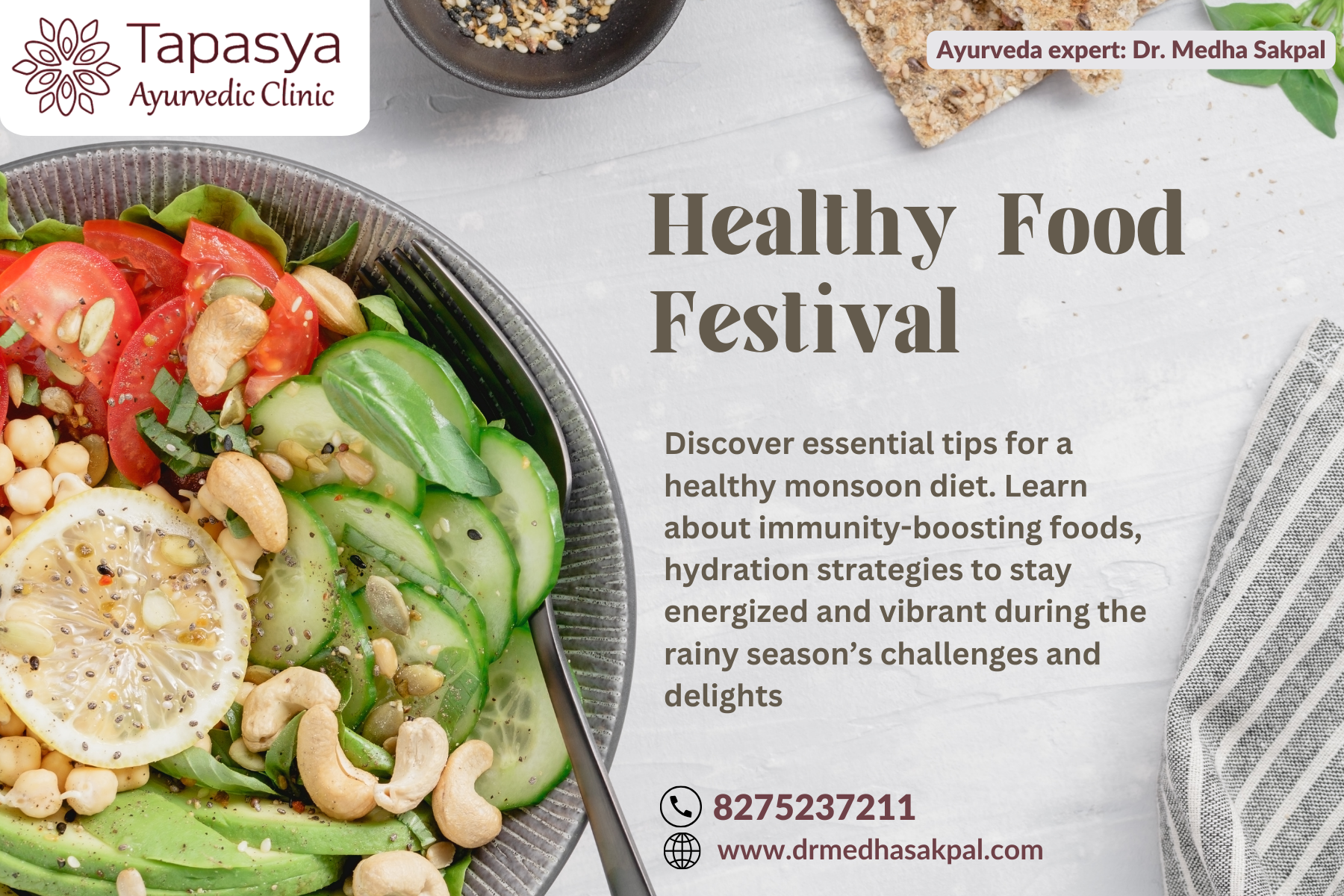
Monsoon Diet: Vital Tips for Staying Healthy and Energized During the Rainy Season
The arrival of monsoon brings much-needed respite from the summer heat, but it also introduces various health challenges like digestive problems, infections, and lowered immunity. Adopting a suitable monsoon diet is key to maintaining your health and energy levels during this season.

